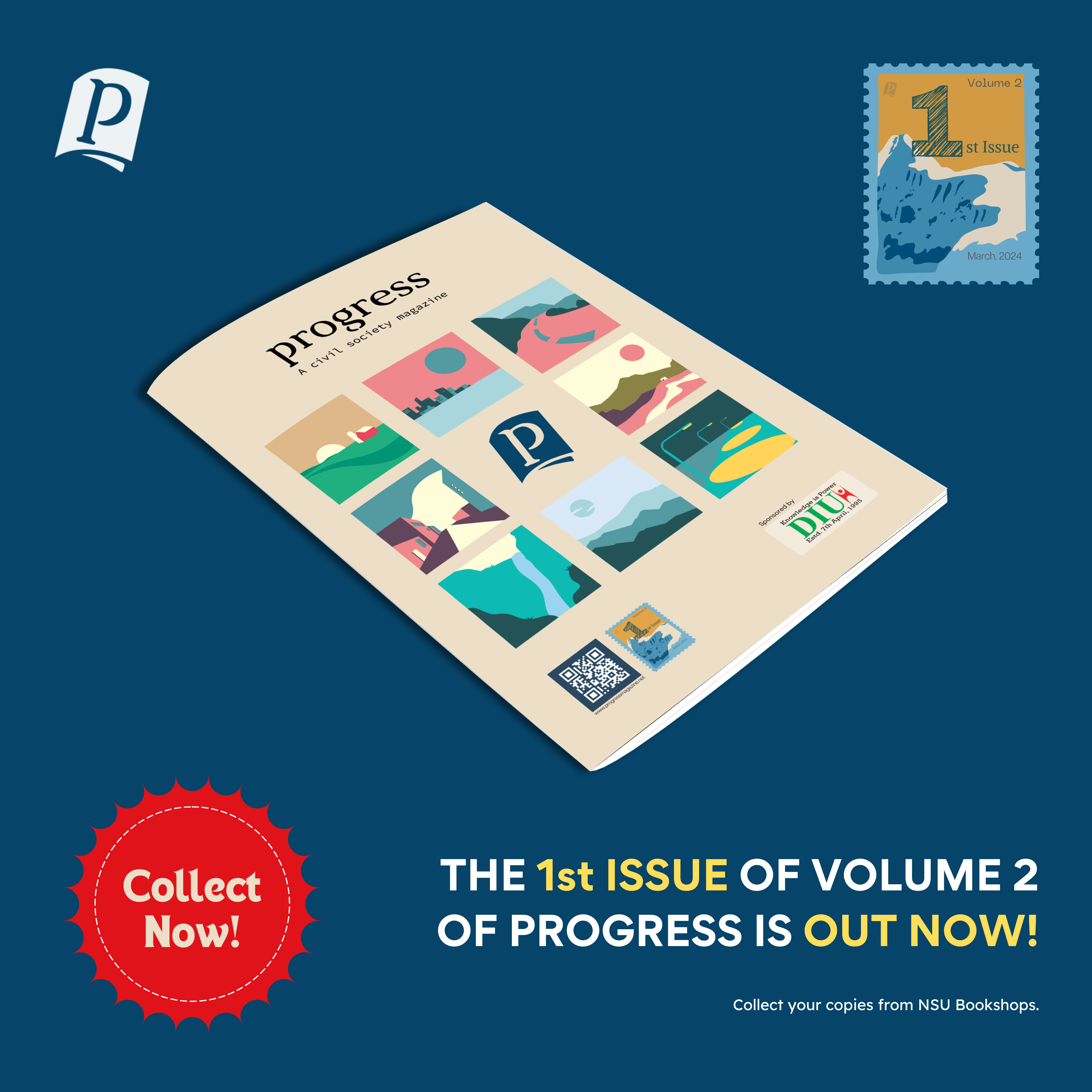A social media platform represents a user through his account/ profile. With the growing digital age, rarely do we get to come across someone who does not use social media. In fact, your social media profile is considered to be a portrayal of your actual being or personality, hence, making it not only a time-consuming affair but also a constant worry on what to post next- how to reflect on a contemporary situation, how to opine on an issue, how to be politically correct, who to target etc.
To inform the readers who might be unaware, Instagram, commonly called IG or Insta is a photo and video-sharing social networking service. The app allows users to upload media that can be edited using filters and organized by geographical tagging and hash-tags. Posts can either be shared publicly or with pre-approved followers. Alongside viewing trending content, users can browse other users’ content by tags and locations. Users can like photos, long videos, and short videos known as ‘reels’, follow other users, and add their content to each of their personal feeds. With time, amongst many, the service also added messaging features within users and a ‘stories’ feature which allows users to post photos and videos to a sequential feed, with each post accessible to others for only a day.
Influencer marketing
Having looked at the title, I am certain that the readers have figured out how the article focuses on some degree of liability that certain heavy Instagram users might be subject to, when it comes to commerce. Before I clarify, it is important to understand who influencers are, and how they are made use of by the brands.
Influencers are social media users who possess some sort of established credibility and audience. Meaning, they are able to persuade others who follow them, by virtue of their reliability and genuineness. A brand’s influencers are expected to be those users who employ the brand name or hash-tag and have the largest possible number of followers, or those who are viewed as experts within their niche. So, influencer marketing is the sort of social media marketing that uses product mentions and endorsements from influencers. Influencer marketing works due to the high level of reliance that social media influencers have built up with their followers. Recommendations from them serve as a type of social proof to the brand’s prospective consumers.
Hence, with over one billion registered users and as one of the most downloadable apps, Instagram is undoubtedly the most popular media at present for Bangladeshi brands that target the university-going age group. This in turn meant a recent increase in the number of influencers on Instagram.
An influencer’s rewards
As an influencer myself, I have had the opportunity to experience the aforementioned drill, firsthand. The number of influencers in areas such as food, make-up, fashion, and lifestyle with huge followings has gone so high that, the brands in many cases do not even pay these influencers in money. Simply a product or two from a particular brand, free snacks from an eatery, or maybe the opportunity to model for a fashion house are enough for most influencers to endorse products or brands.
However, whereas I thoroughly enjoy the free foods that are delivered to my doorstep, and even received a complementary haircut for my husband from an online barbershop during the Covid lockdown, I could not have been more curious in looking into the possibility of an influencer being sued for being negligent while endorsing a particular brand.
Provisions endangering influencers
The statute that can actually put Instagram influencers of Bangladesh in jeopardy is the Consumers’ Rights Protection Act of 2009.
Section 44 of the Act states that “If any person deceives any buyer by any false or untrue advertisement for the purpose of selling any goods or service, he shall be punished with imprisonment for a term not exceeding 1 (one) year, or with fine not exceeding Taka 2 (two) lacs, or with both.”
There is no iota of doubt as to the fact that influencers, in any form giving shout-outs to any brand, is a type of advertisement, and in case an influencer innocently with no malicious intent gives out information that may be categorized as untrue, such person risks not only being fined but also serving behind the bars. For the readers’ ease of understanding, here is an example – an influencer in her feed posts a video endorsing a particular brand’s anti-acne gel and says “This product provides a hundred percent guarantee in clearing your pimple within a day!”
Now, even though the statement was made in excitement or perhaps without any thought whatsoever, merely in exchange for a free tube of gel or maybe a small honorarium, since the result from using such cream is not guaranteed, any follower of such influencer can feel deceived and file a suit against her.
It is notable that not only does Section 2(20)(d) of the law specifically address the deception of consumers by such advertisements as “anti-consumer right practice”, but the Directorate of National Consumer Rights Protection has the right to monitor whether consumers are being deceived by a false advertisement for selling goods or service and take necessary actions, according to Section 21(2)(l).
Not to ignore, merely for the interest of receiving 25% of whatever amount of fine might be imposed (according to Section 76 of the Act) on an influencer for deceptive advertising, one can file a complaint against the influencer and make the person subject to trouble or harassment.
An urge to look out
To the growing number of Instagram influencers in Bangladesh, here are my two cents, just to be safe– provided you are endorsing a product, first, it would be wise to comply with the law when making any recommendations on the product. When you endorse a product through Instagram, the endorsement message should make it obvious what kind of relationship you have with the brand, and preferably the period of such relationship. It would be smart to specify the specific product that is being endorsed and not every other product of the brand, or the brand in general. Also, it is advisable to disclose if you have gotten anything of value for mentioning the product on your Instagram post/ story. It is best if the disclosure is placed with the endorsement message itself. Last but not least, you must at no cost make up claims regarding a product that would require proof that the advertiser does not possess – such as scientific evidence that a particular product can treat a health condition.











